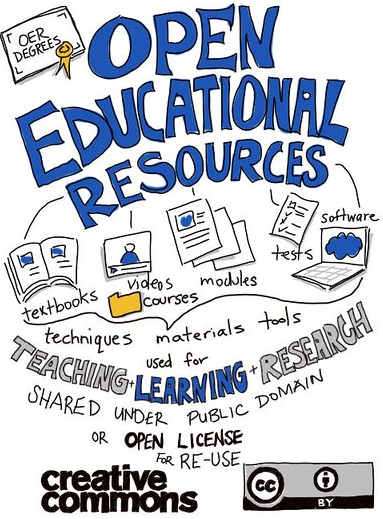Why adopt openness?
20 Nov 2020 { openness pedagogy social justice }I’ve previously touched upon my reasons for adopting an open approach to online courses, but I’d like to explain my motivation further here. I focus particularly on why I want to create Open Educational Resources (OER), as explained below.
Creating OER is the obvious starting point for me and VerdantLearn, but it’s certainly not the end point, or sufficient in itself
My main motivations for adopting openness are to maximise my impact on biodiversity conservation, and to promote social justice. The most obvious advantage of releasing course materials as Open Educational Resources (OER) is that more people, and a greater diversity of learners, can access learning opportunities. For VerdantLearn, this means more wildlife conservation practitioners are able to do their vital work using current techniques based on sound science.
Whilst removing barriers to participation is more complex than simply making access free (gratis), it is one step towards social justice. I’ve only just started exploring ideas and research around open education and social justice, so I hope my understanding of this complexity will develop and inform my work into the future.
OER can (at least in theory) enhance access to learning for those who are traditionally excluded from higher education or continuing professional development due to financial or geographic constraints. In addition, basing courses on materials that others edit and expand can also diversify those courses, and should make it easier for marginalized voices to be heard. Historically, higher education materials (and history more generally) have been predominantly written by white, and male, authors. We need to shift that balance, to ensure that learners feel their interests and lived experiences are recognised and represented. We also need to empower them to contribute to evolving the materials themselves. However, OER creation raises potential labour issues - not everyone can afford the time or has the capacity to contribute. I will try to remain mindful of that bias, and learn more about the underlying power relations behind OER creation, contribution and use.
A further presumed benefit is that open access to high quality OER can help to level the playing field between institutions. Specialist courses can be offered even where staff have limited opportunity to create learning materials in those subjects. However, adopting OER is not necessarily straightforward (a topic deserving of its own blog post!), and as an OER creator, I need to keep future adopters in mind and try to design my OER in such a way that facilitates their adoption.
I would love to be using other people’s OER rather than starting from scratch, but try as I might, I struggle to find relevant OER for skills training in either natural and social sciences, on the niche topics needed by wildlife conservationists (and also appropriately licenced for my purposes). So my initial efforts will focus on creating OER myself, and finding collaborators to broaden the scope of courses beyond my own expertise. If you would like to work with me on this, or know of relevant resources I may have missed in my search, please contact me! You can email me, or start a conversation with me on social media.
-
Extract from “OER is sharing” by giulia.forsythe CC0 1.0 ↩
